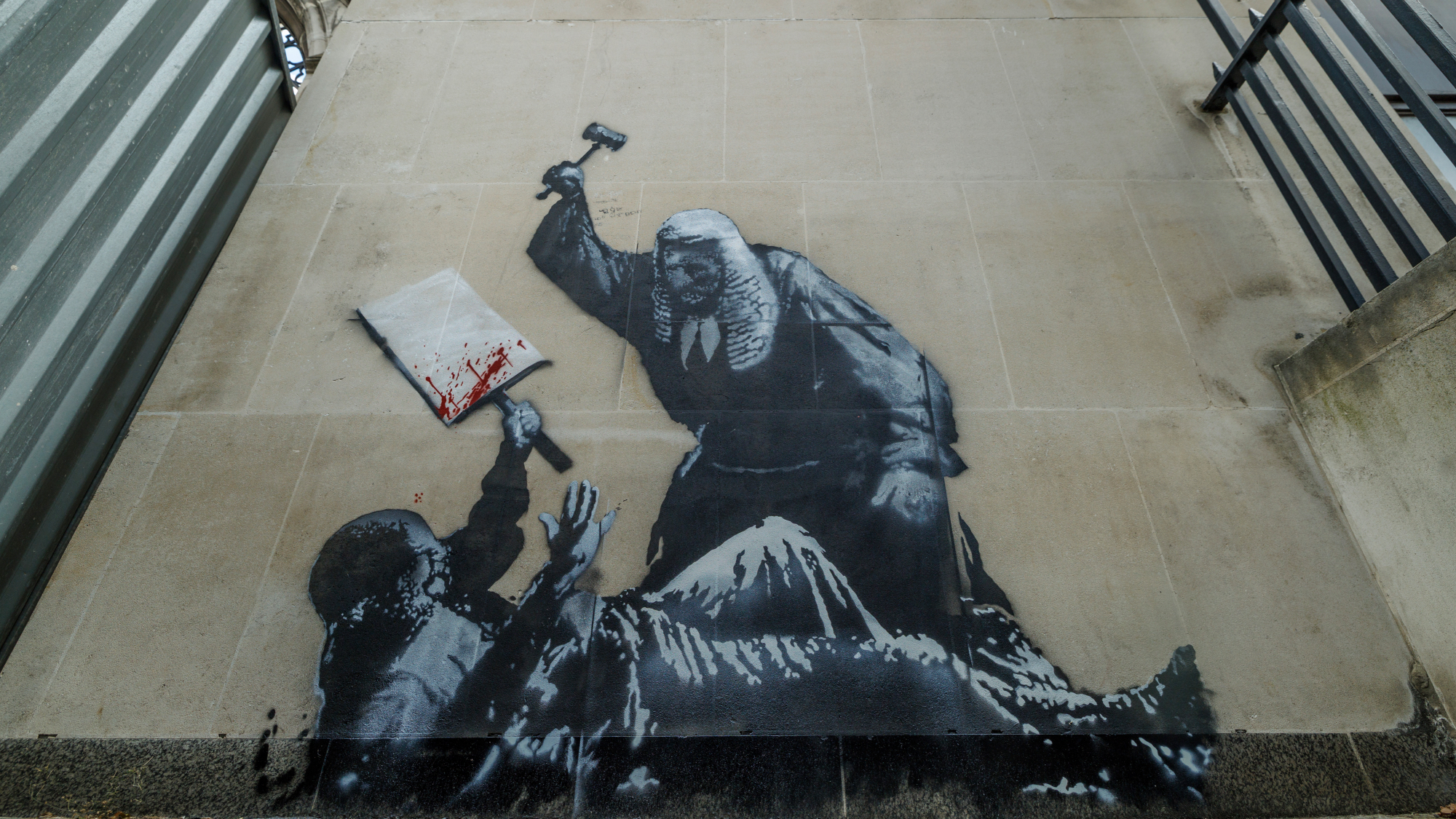Democrats can't just pretend ObamaCare is terrific
The law needs fixing, and Democrats must acknowledge that


As Republicans take power in Washington, their first priority is trying to figure out what to do about the Affordable Care Act. They have ferociously demonized the policy since the moment it was passed, voted to repeal it dozens of times in the House, and promised over and over that it would be abolished the second they take power.
But as Jonathan Chait notes, they're running into some sticky realities, most notably the fact that about 20 million people have gotten health insurance coverage under the law. If they do a flat repeal, the political backlash will be spectacular — and none of their policy ideas have the faintest chance of delivering anything better. Republicans are flailing around like the proverbial dog that caught the car.
However, as Democrats prepare to mount a defense of ObamaCare, they must not make the mistake that Hillary Clinton did during her presidential campaign by presenting an overly rosy picture of the status quo. The law is a real step forward in many ways, but it is also in deep trouble — particularly its signature health insurance exchanges.
The Week
Escape your echo chamber. Get the facts behind the news, plus analysis from multiple perspectives.

Sign up for The Week's Free Newsletters
From our morning news briefing to a weekly Good News Newsletter, get the best of The Week delivered directly to your inbox.
From our morning news briefing to a weekly Good News Newsletter, get the best of The Week delivered directly to your inbox.
So first, what is going right with ObamaCare? In a word, Medicaid. Despite the fact that most conservative states have refused the Medicaid expansion that was part of ObamaCare (leaving some 4.5 million people in the coverage gap), some 16 million people have gotten on Medicaid since 2013, and importantly, the coverage is pretty good. More than a few people who got on Medicaid literally wept with relief.
The basic policy structure of ObamaCare is also helpful in many ways — people can no longer be denied insurance, and the subsidies are enormously helpful for people who qualify. (The hated mandate is a pain, but that mainly reflects other problems with the policy.) Lots of the ACA regulations are also a godsend. Since American policymaking is so sclerotic, the ACA was stuffed with all sorts of little fixes and patches — there's the one allowing children to stay on their parents' insurance until age 26, the one dramatically extending anti-discrimination rules, various efforts to slow medical price increases, and many others.
The major problem with ObamaCare is the exchanges. Many of these are becoming seriously unglued, with fewer and fewer insurance options, narrowing networks, rising premiums, and gigantic deductibles. The means test bites in so quickly that for many people, the coverage is basically useless except in case of an emergency — and even then, surprise balance-billing is still routinely bankrupting people. That is why the mandate is unpopular. Many squarely working-class people are being forced to buy insurance that sucks — and a few rungs down the income ladder, others are getting far superior Medicaid for barely anything, which naturally creates resentment.
Now, the only Republican health care idea that even exists at all is to take all the bad parts of ObamaCare and make them dramatically worse. The three-legged stool of ObamaCare is the most conservative possible policy that might theoretically achieve universal coverage; the right's only options are to either just kill the policy and let tens of thousands more people die every year, or do something like ObamaCare but even stingier and more poorly regulated. (For example, allowing the sale of insurance across state lines so everyone ends up fulfilling the mandate by buying a $1 "insurance plan" from Delaware or someplace that covers precisely nothing.)
A free daily email with the biggest news stories of the day – and the best features from TheWeek.com
This raises the question of what alternative Democrats should present. About a year ago Paul Krugman wrote that single-payer was a "distraction from the real issues," the argument being that the policy space has been so influenced by ObamaCare that the left has no option but to build and improve upon it. With the benefit of hindsight, I think we can safely conclude this notion is disastrously mistaken. The basic formula of the law could work, but it needs a serious overhaul already. Instead, it's either going to be blown apart, severely damaged, or just left to rot for years.
This is a structural feature of American policymaking these days, due to how our incompetent federal government interacts with our anachronistic and poorly designed Constitution. With extreme polarization making compromise impossible, policy has to come through in great big momentary glugs when one party manages to get total control of government. A parliamentary democracy in Europe could no doubt get something like ObamaCare going on a permanent basis, but our fumble-fingered and routinely paralyzed government is much better suited to big, blunt, set-it-and-forget-it programs like Medicare and Medicaid. They require regulation of course, but not the same sort of deft and constant touch.
So Democrats must tread a thin line here. They must hammer whatever monstrosity the GOP caucus vomits up, while presenting a case for better policy that would fix ObamaCare's problems. Ideally it would look something like this: Take Medicaid fully under federal control, put everyone up to 26 and above 55 on Medicare, and run a Medicare buy-in public option through the remains of the exchanges. Control costs with all-payer rate setting. That's a policy that would be easy to understand, and would stick.
But above all, don't try to convince people that ObamaCare is already great. It simply isn't true.
Ryan Cooper is a national correspondent at TheWeek.com. His work has appeared in the Washington Monthly, The New Republic, and the Washington Post.
-
 Bari Weiss’ ‘60 Minutes’ scandal is about more than one report
Bari Weiss’ ‘60 Minutes’ scandal is about more than one reportIN THE SPOTLIGHT By blocking an approved segment on a controversial prison holding US deportees in El Salvador, the editor-in-chief of CBS News has become the main story
-
 Has Zohran Mamdani shown the Democrats how to win again?
Has Zohran Mamdani shown the Democrats how to win again?Today’s Big Question New York City mayoral election touted as victory for left-wing populists but moderate centrist wins elsewhere present more complex path for Democratic Party
-
 Millions turn out for anti-Trump ‘No Kings’ rallies
Millions turn out for anti-Trump ‘No Kings’ ralliesSpeed Read An estimated 7 million people participated, 2 million more than at the first ‘No Kings’ protest in June
-
 Ghislaine Maxwell: angling for a Trump pardon
Ghislaine Maxwell: angling for a Trump pardonTalking Point Convicted sex trafficker's testimony could shed new light on president's links to Jeffrey Epstein
-
 The last words and final moments of 40 presidents
The last words and final moments of 40 presidentsThe Explainer Some are eloquent quotes worthy of the holders of the highest office in the nation, and others... aren't
-
 The JFK files: the truth at last?
The JFK files: the truth at last?In The Spotlight More than 64,000 previously classified documents relating the 1963 assassination of John F. Kennedy have been released by the Trump administration
-
 'Seriously, not literally': how should the world take Donald Trump?
'Seriously, not literally': how should the world take Donald Trump?Today's big question White House rhetoric and reality look likely to become increasingly blurred
-
 Will Trump's 'madman' strategy pay off?
Will Trump's 'madman' strategy pay off?Today's Big Question Incoming US president likes to seem unpredictable but, this time round, world leaders could be wise to his playbook



